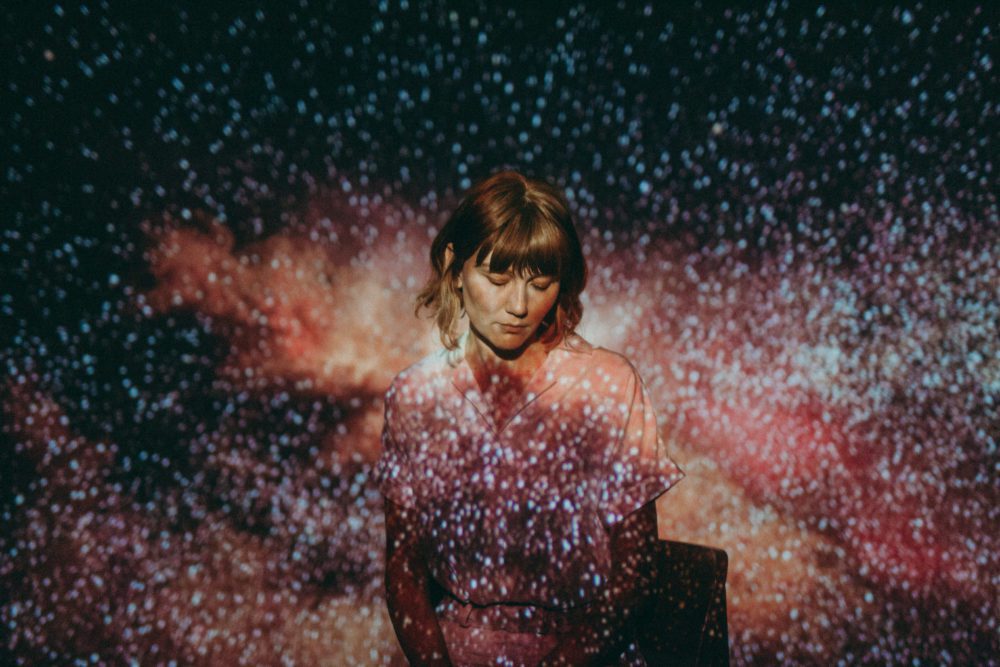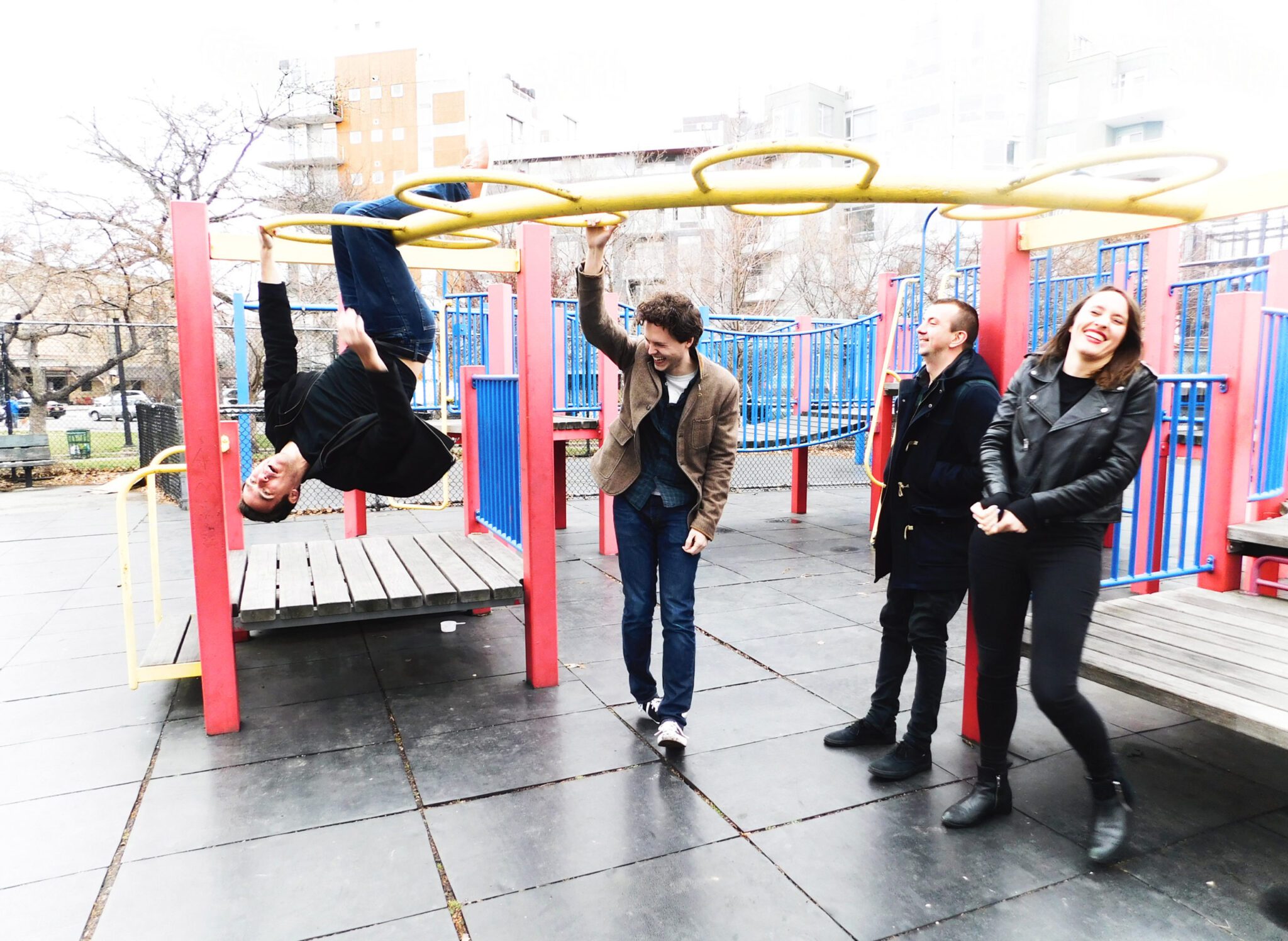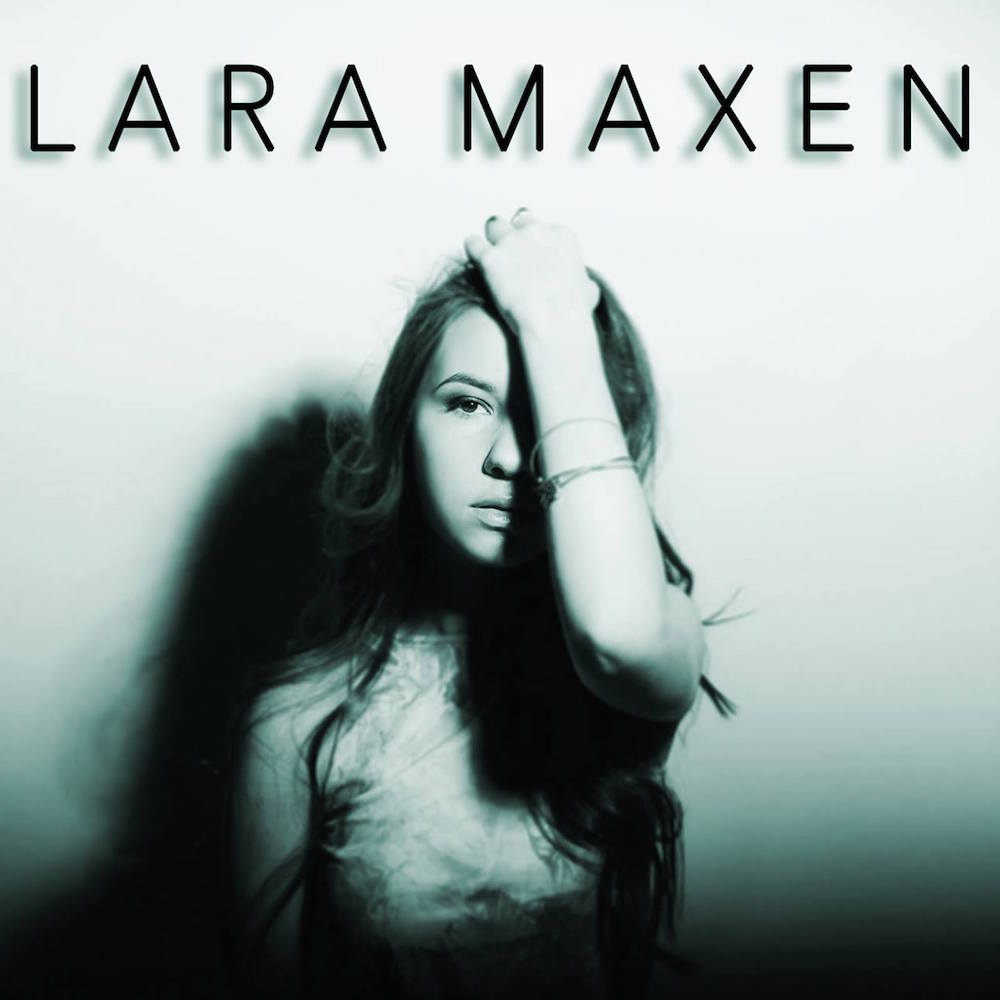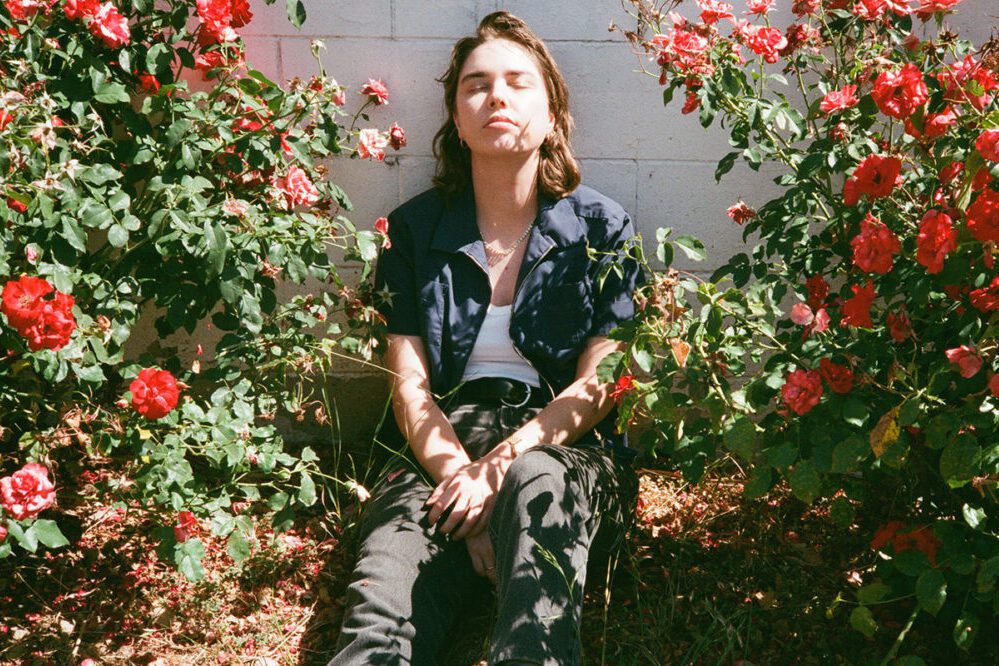How Molly Tuttle Made Her Quarantine Comfort Songs Personal on New Cover Album


Even after its release, a song is never finished. It morphs over time as each listener overlays their own interpretation based on the circumstances around them. It takes on new meanings throughout different points in history. Nashville-based singer/songwriter/guitarist Molly Tuttle decided to embrace this fact by reimagining music by a wide variety of artists on her cover album, …but i’d rather be with you.
Tuttle grew inspired to create a cover album when listening to music helped her navigate anxiety around the Coronavirus pandemic. “Once we were social distancing and staying home, I kept going back to these songs that meant a lot to me,” she recalls. “It was just a way to keep inspired during quarantine. It was a struggle for me at first because I love playing shows with people, but this was a great outlet to play music remotely.”
Her producer, Tony Berg, suggested she record covers and send them to him, then he sent them to guest contributors to add their own music. She selected several songs she’d already covered during live shows, plus additional ones that had special meanings for her.
The Grateful Dead’s “Standing on the Moon,” which she sings soulfully against mellow acoustic guitar, reminds her of her childhood in Palo Alto, CA. FKA Twigs’ “Mirrored Heart” expresses the sense of disconnection she felt from a partner during a rough breakup, and “How Can I Tell You?” by Cat Stevens comforted her during college when she found out her family dog died. In the latter, she sings “Wherever I am, girl, I’m always walking with you, but I look and you’re not there” against emotive cello, evoking the heartbreak of losing a loved one. “Maybe he wrote it about a romantic love, but for me, it was this pure love you can’t really put into words about someone, whether they’re an animal or a person,” she says.
Her triumphant, mystical rendition of The Rolling Stones’ “She’s a Rainbow” is a highlight of the album, with guitar that gives it a psychedelic rock vibe It also took on a new meaning in this recording; regardless of the band’s original intentions, her goal was to celebrate femininity and inclusiveness. “It just reminded me of being at a pride parade or somewhere that was really celebrating all different types of people,” she says. “Songs like that had a really personal meaning to me that maybe felt separate from what the original version was saying or just kind of felt like my own interpretation of the song.”
But perhaps the song she most made her own is “Fake Empire” by The National. In the cover, warped, discordant synths cut into a steady, repetitive guitar track, mimicking the picture the song paints of people “half-awake in a fake empire,” going about their daily business while chaos ensues around them. This image spoke to Tuttle while she was working on the album, as #BlackLivesMatter protests were breaking out.
“People who have the privilege to ignore things going on in our country like police brutality and mass incarceration, people who have been able to ignore it because it doesn’t directly affect their lives, are starting to wake up to it,” she says. In the video for the cover, she used footage from ’50s and ’60s political protests, performing in front of a green screen. “I used other dreamy footage of stars to kind of give it this dream-like quality to go with the lyrics,” she explains.
The album also includes a country version of Rancid’s “Olympia, WA”; a charming, poppy rendition of Arthur Russell’s “A Little Lost,” where Tuttle’s angelic voice captures the wistfulness of new love; and a soft, acoustic version of The Yeah Yeah Yeahs’ “Zero.” She recorded and engineered her parts herself at home, which forced her to improve her production skills.
“I was used to having engineers do a lot of everything, and making all those calls on my own and doing tempos and arrangement, that was really kind of draining to do it that way,” she says. “But at the same time, in my room, I could do everything I wanted. I could turn out the lights and light some candles and feel free to sing how I felt like singing, without a bunch of people in the control room, listening and analyzing different takes. It was actually very freeing to record myself.”
Tuttle grew up learning to play bluegrass from her music teacher father, then began songwriting as a teenager and went to college for music before launching her career. She’s gained particular recognition for her flatpicking guitar technique, becoming the first woman ever to win two consecutive “Guitar Player of the Year” International Bluegrass Music Awards.
…but i’d rather be with you is her fourth solo album, and she’s currently working on another, this time full of her own original songs. “I’m trying to write songs from a really personal place for this next album and just speak to experiences I had that feel unique to me,” she says. “I’m always trying to dig deeper with my writing.”
Follow Molly Tuttle on Facebook for ongoing updates.




